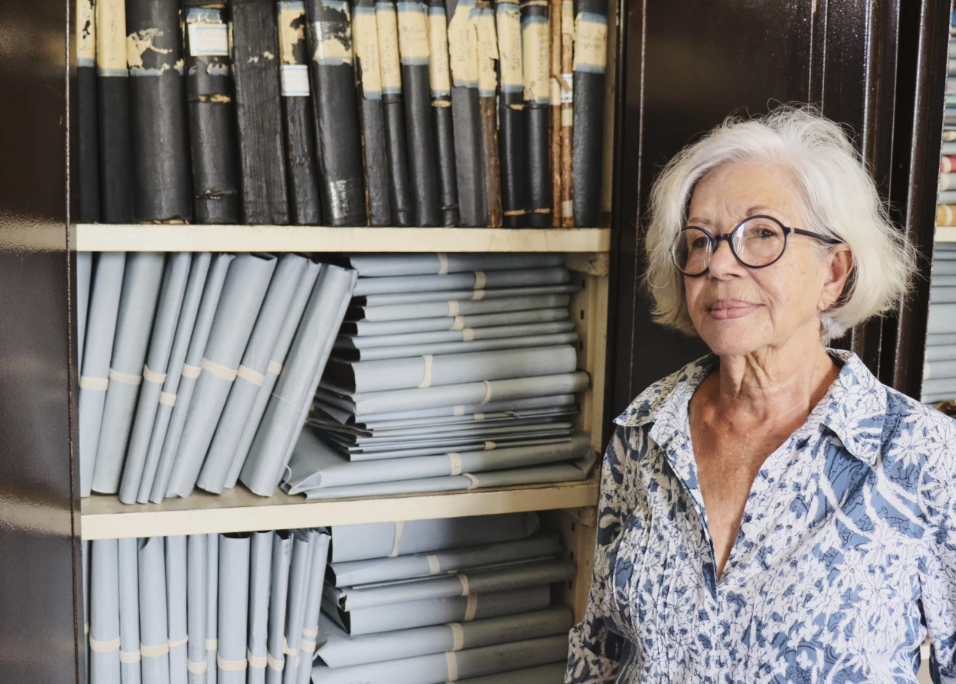The historic Neveh Shalom Synagogue in Paramaribo, Suriname, narrowly avoided disaster in April when a fire tore through parts of the city’s UNESCO-recognized historic center. As firefighters worked to protect the surrounding area, volunteers at the synagogue rushed to safeguard a different kind of treasure — thousands of fragile documents chronicling centuries of Jewish life in the South American nation.
Although the blaze didn’t reach the synagogue itself, it served as a stark reminder of the ongoing threats to the archive, from the humid tropical climate to insects and simple decay over time. The collection, estimated at around 100,000 documents, includes birth records, land transactions, correspondence, and synagogue publications, all stored for decades in filing cabinets.
Recognizing the urgency, Dutch researcher Rosa de Jong returned to Suriname after completing her PhD at the University of Amsterdam. Her research had drawn heavily on the synagogue’s archives to study the journeys of Jewish refugees who fled to the Caribbean during World War II. Feeling a responsibility to protect the very sources that shaped her academic work, De Jong raised funds to launch a digitization project.
Armed with cameras, storage devices, and a strong sense of purpose, she and a small team began scanning each page to create high-quality digital records. The result is over 600 gigabytes of preserved data. A copy will be given to Suriname’s National Archives to help ensure this history becomes part of the country’s digital heritage.
The Neveh Shalom documents offer a window into Suriname’s deep-rooted Jewish history. Jewish settlers first arrived in 1639 under British colonial rule, granted political and religious freedoms as they worked on tobacco and sugar plantations. The Dutch continued this policy when they took over the colony, making Suriname a refuge for Jews expelled from other parts of the Americas.
Among those who found sanctuary in Suriname were more than 100 Dutch Jewish refugees who arrived on Christmas Eve in 1942, fleeing Nazi persecution. One of them was 18-year-old Liny Pajgin Yollick, who recalled in an oral history project how emotional it was to hear the Dutch national anthem upon arrival, a sound they feared they might never hear again.
When the Netherlands was liberated in 1945, Suriname’s Jewish community marked the moment in Teroenga, the local Jewish magazine, with the headline “Bevrijding” (“Liberation”). Every issue of Teroenga remains preserved in the synagogue’s archive.
The preservation effort wouldn’t have been possible without the dedication of 78-year-old Lilly Duijm, who has overseen the archives for over 20 years. Born in Suriname, she moved to the Netherlands as a teenager and worked as a nurse before returning home in 1973. For her, the archive represents a deeply personal mission.
“I told the congregation, as long as the archive is still here, I will not die. Even if I live to be 200 years old,” she said with emotion. “This is keeping the history of my people.”













